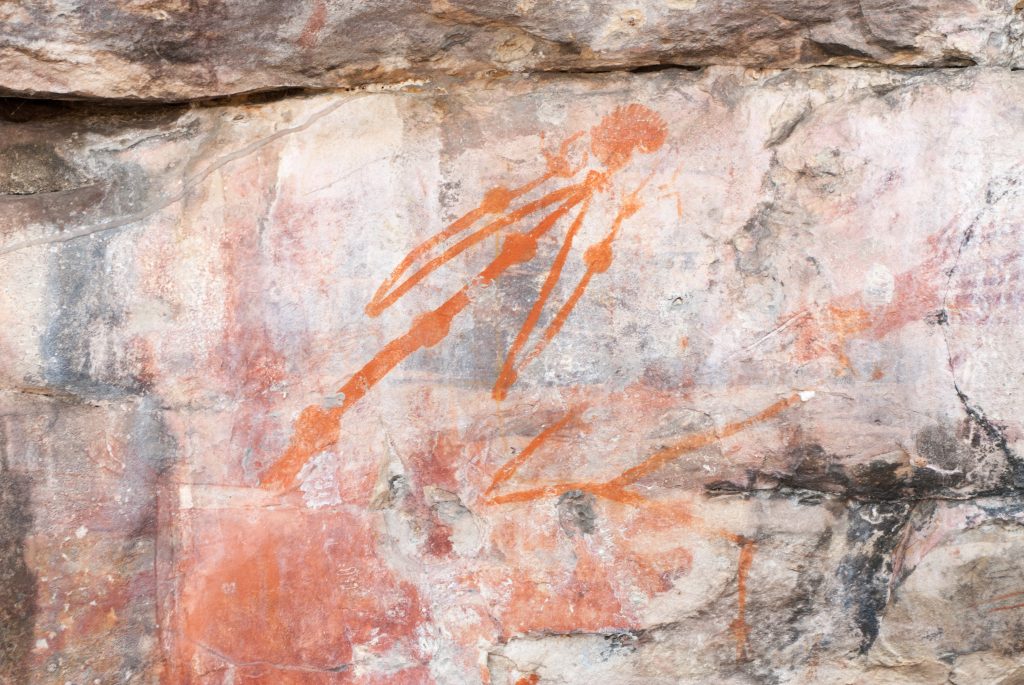This is very important for people undergoing tests for multiple sclerosis or who have just been diagnosed with MS.
So last week we asked the members of our Facebook page MultipleSclerosisTalk to share their answers to the following question “Have you any advice for somebody who has just been diagnosed with multiple sclerosis?”
We have shared a number of the comments below. It would be great if you could add your thoughts and ideas in the comments box below.
“I’m 26 just got diagnosed 2 months ago and the doctors told me that they were shocked I could even walk because my MRI looked so horrible, so me being the Irish red head that doesn’t listen to anyone went straight home from the hospital and started walking! I have lost close to 60 lbs on my own. I HAVE MS BUT MS WILL NEVER HAVE ME!”
“So, YOU have MS…it doesn’t have you. Your attitude will make all the difference….you can choose to be handicapped, or a person with a physical challenge… Choose to smile and live the life you are given…it could be worse.”
“Have a positive attitude , very important . Drink plenty of water and keep moving , lots of walking ! Don’t let it bring you down , be a fighter you can do it ! Good luck and God bless ”
“Go to the MSAA website (mutiple sclerosis association of America)…. They give the best nonBiased advise…. It has been 12 yrs since diagnosis, I’m 42, and have a 5 yr old son. Keep up the fight! No matter what!!”
“Learn sign language to help with the hand tremor and the depression because it gives you something to do”
“Do your research but remember no 2 people are the same. Don’t stress because that makes it worse. You will be ok, take it easy on yourself & breathe.”
“My daughter has found Yoga to be a tremendous help emotionally and physical”
“Every case of MS is unique. Be careful when reading and researching to not compare yourself to everybody else. You may cause yourself terrible heartache and worry if you do this (as if having MS is not already bad enough…) The things that help me are to eat healthy, get plenty of vitamin D, exercise regularly, and to take my disease modifying drugs. I also have a great group of people around me for support. It’s not a battle I have to fight alone. I hope this helps someone out there ”
“Immediately get into hydrotherapy! I don’t care what the symptoms are physically. The whole reason I’m not in a permanent chair is because of the pool. Also look into the Swank diet for nutrition. I’ve had damn near everything this f’n disease can throw at us and I’m still holding on. Internally and externally. Also, learn to laugh at this disease. Making fun of myself and having family and friends do it has been a saving grace. Trust me! Best of luck to all of us!”
” I encourage people to make healthy life style changes…be positive…start drinking lots of water… walking…decrease processed foods and increase fresh dark and colorful veggies and fresh fruits to your diet. Try to eliminate all gluten sugar and breads etc…to help with the inflammation. And start taking vitamins. A great book to read for health Is The Wahls Protocol…by Dr Terry walhls.”
So health food, lots of water and exercise seem to be key
But what is your advice?



